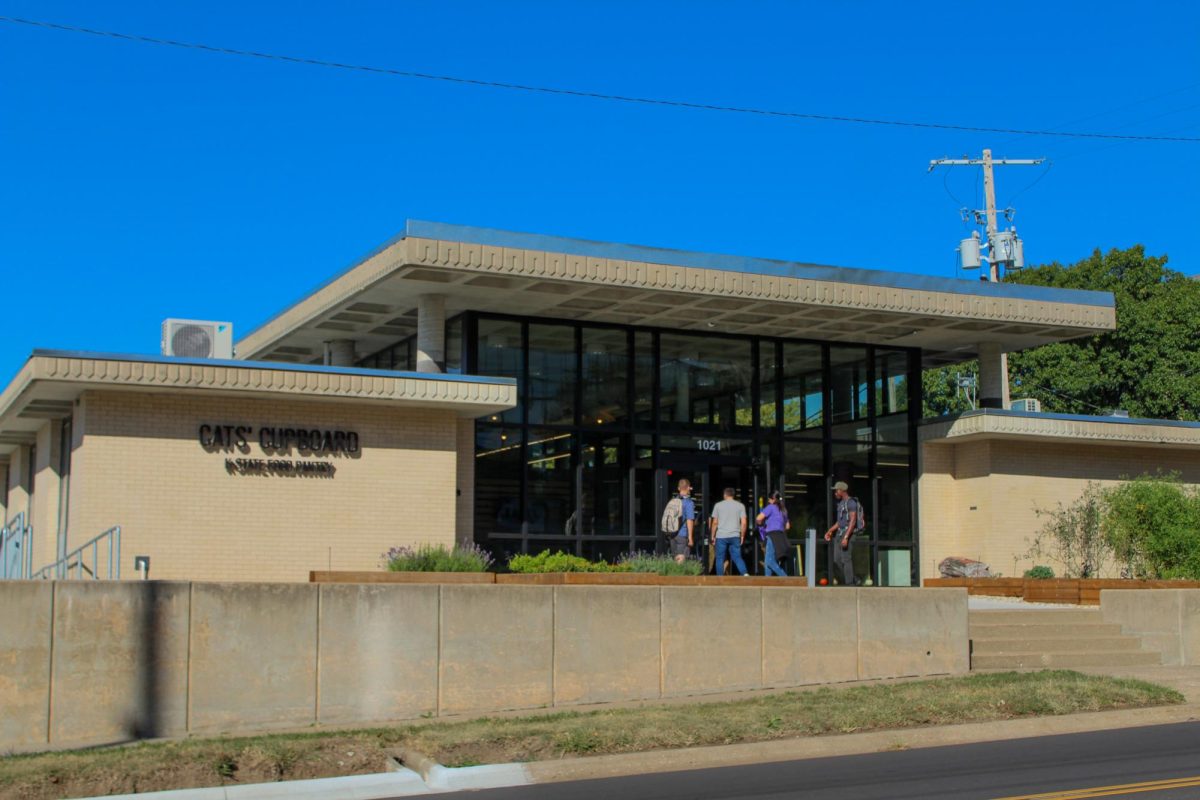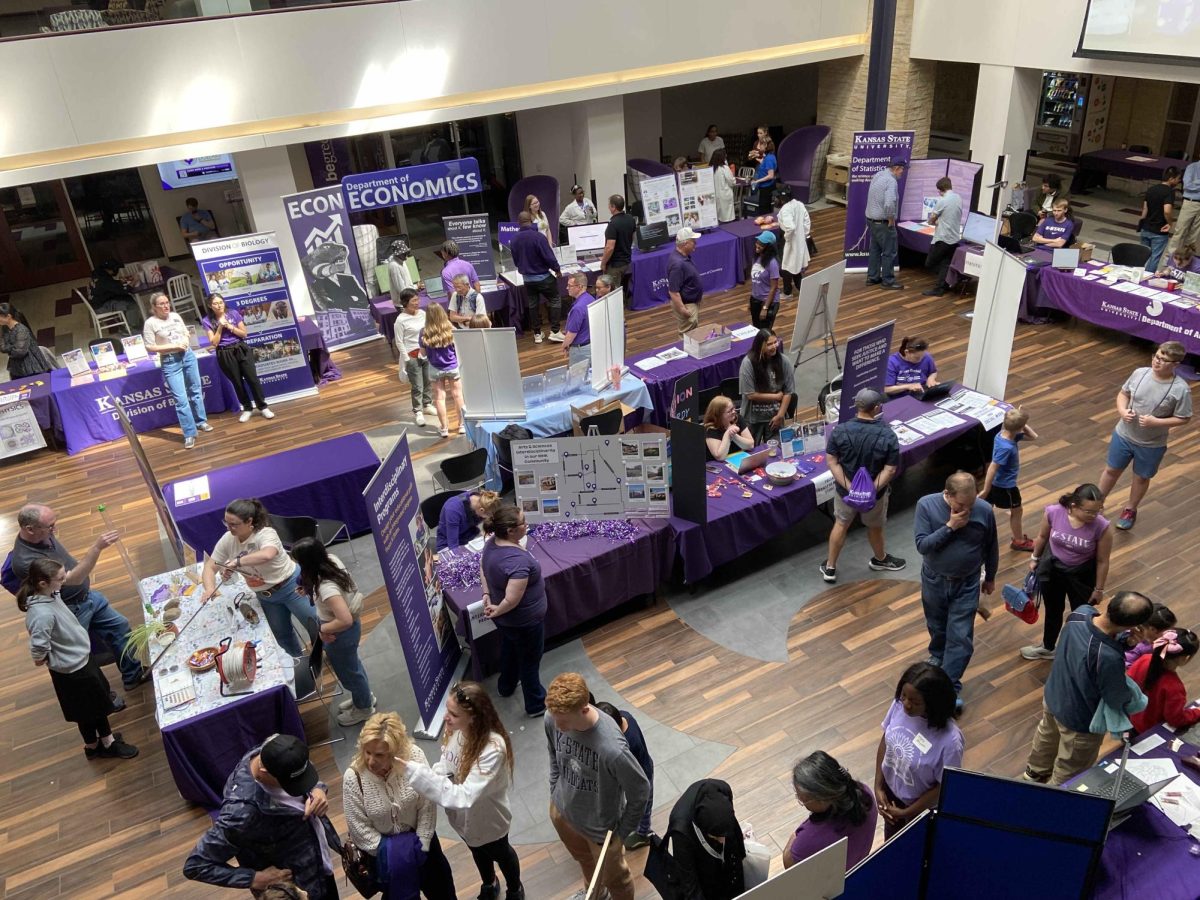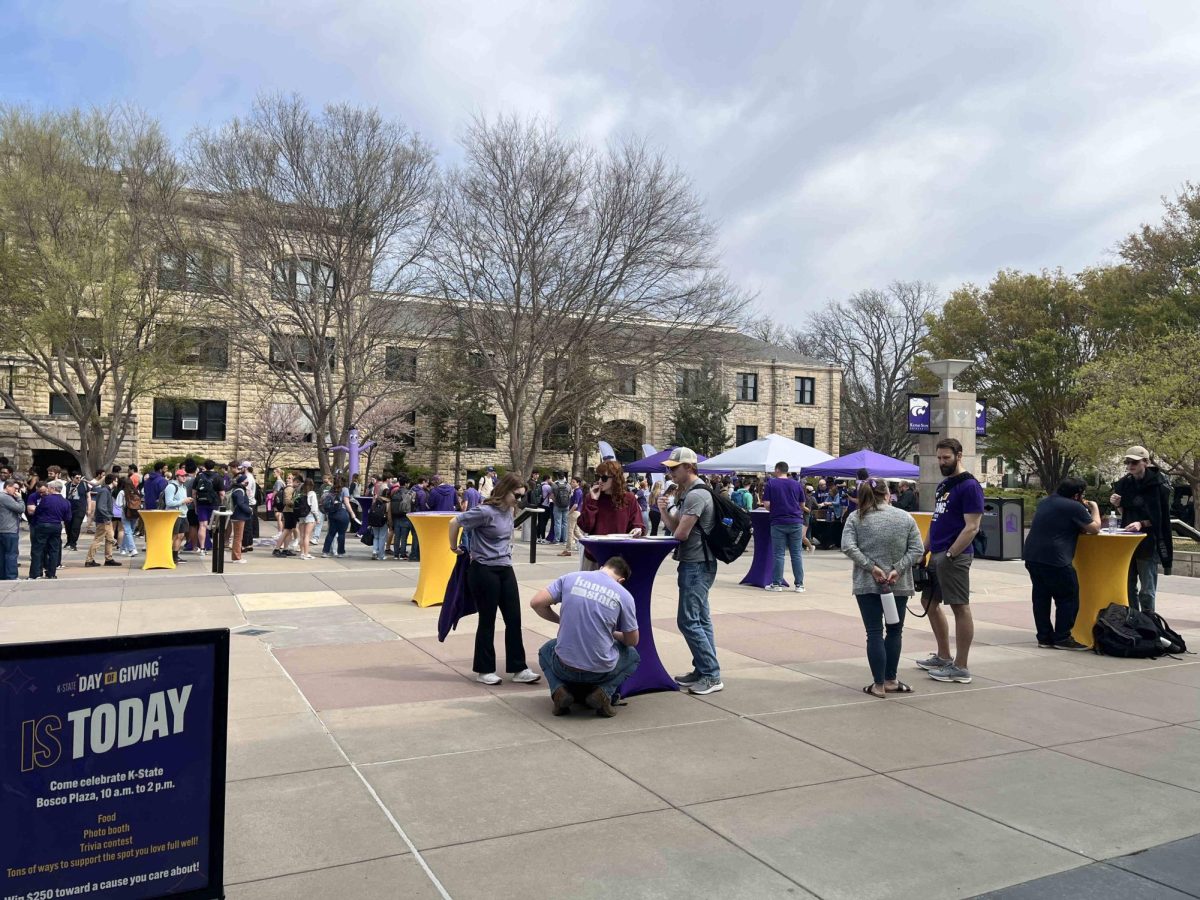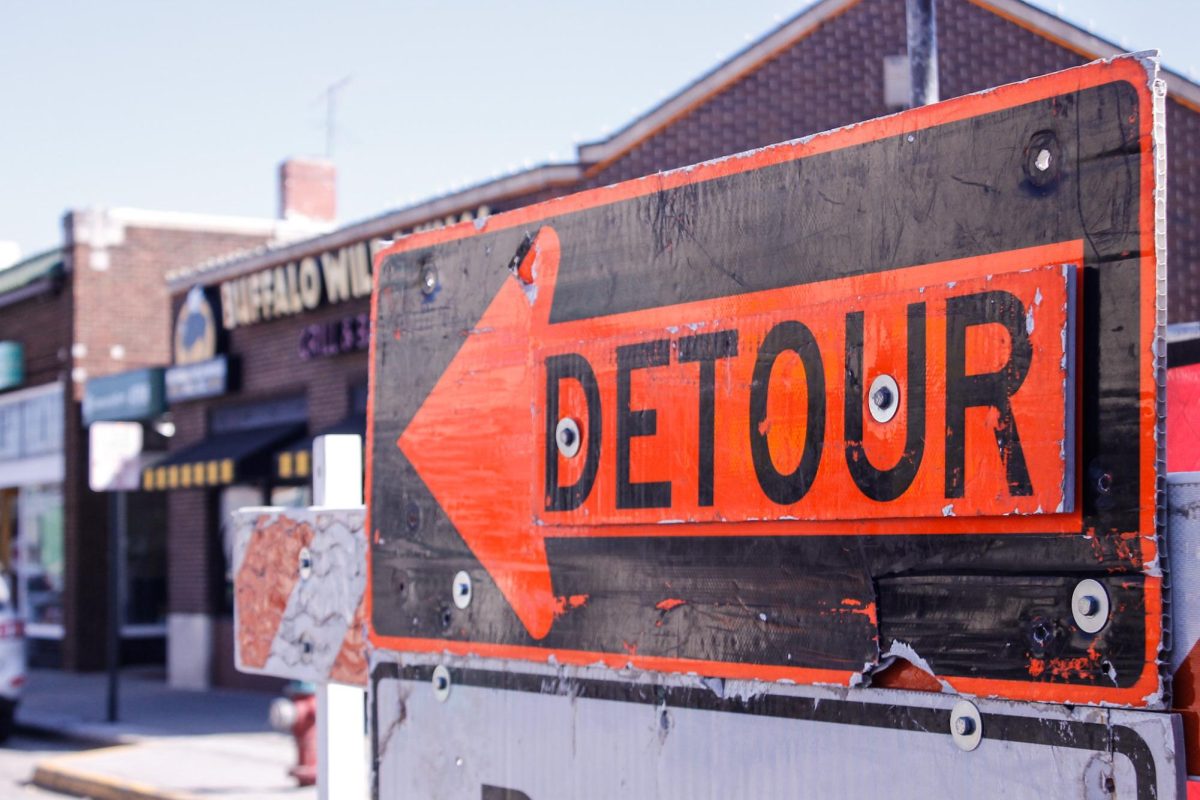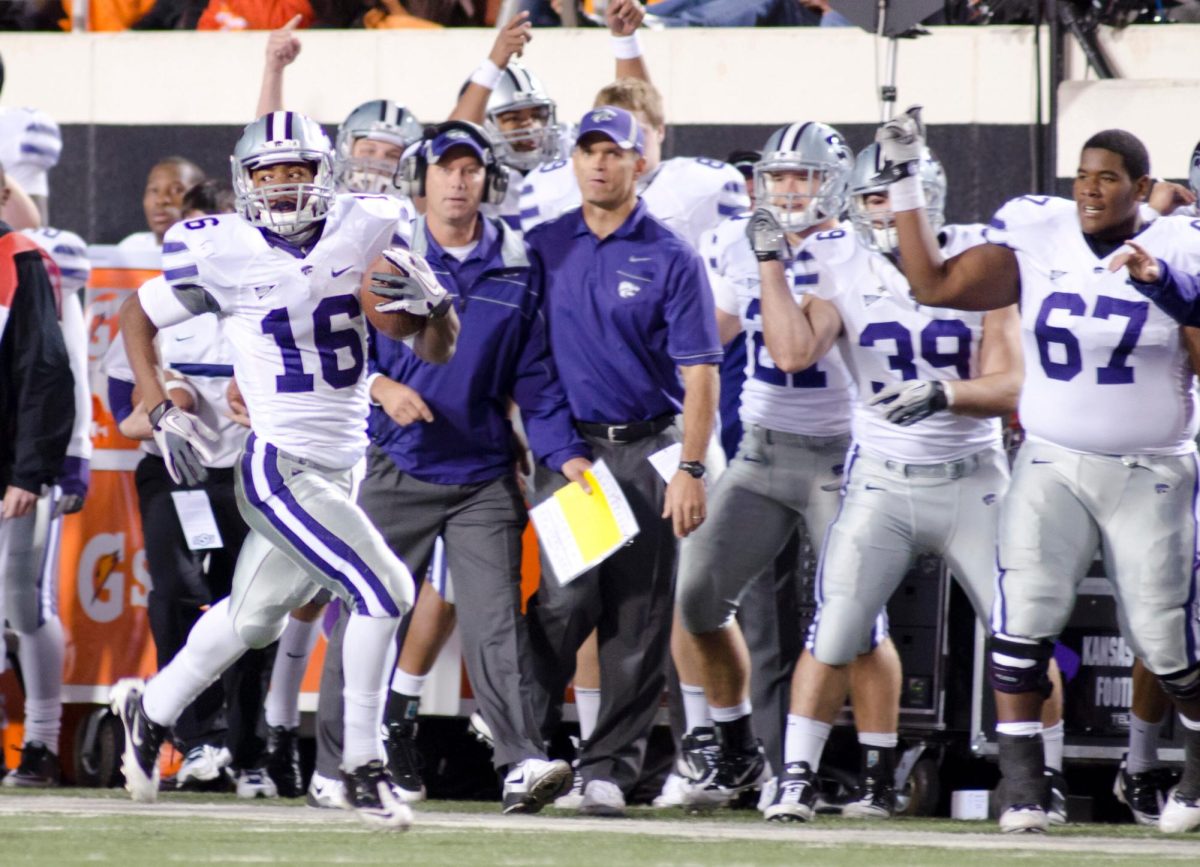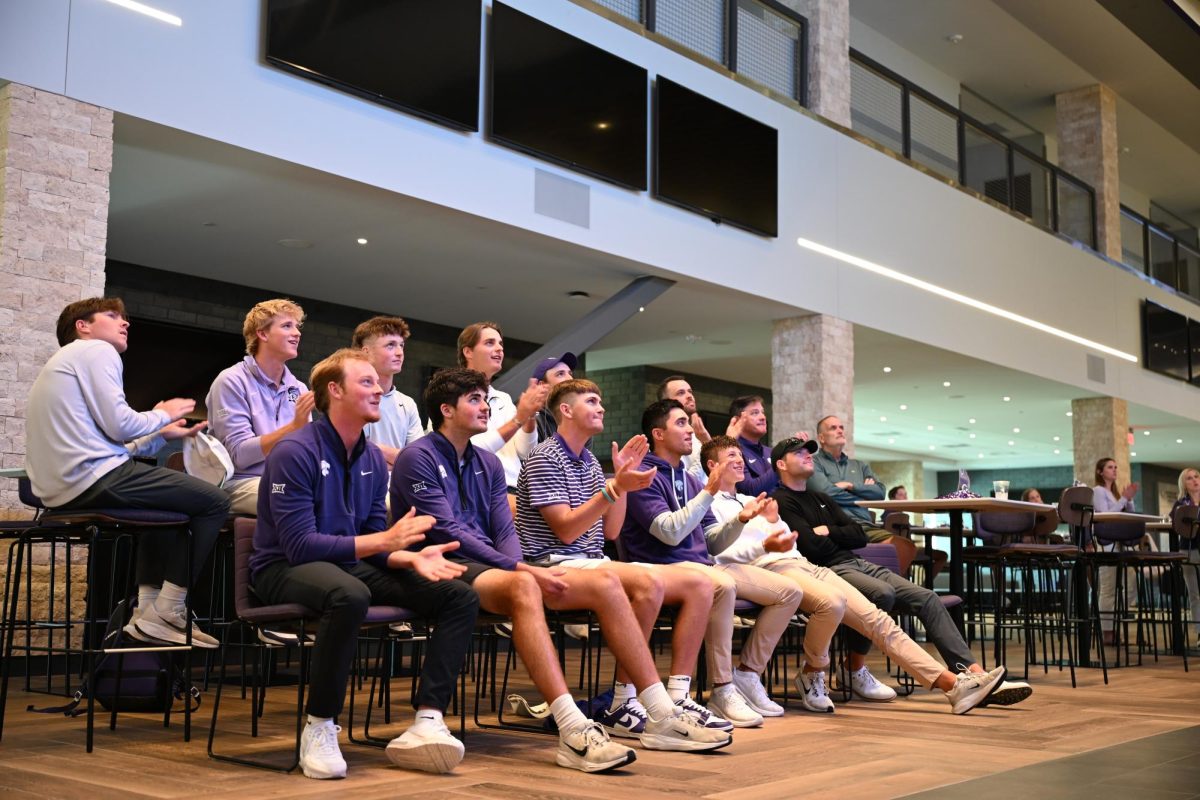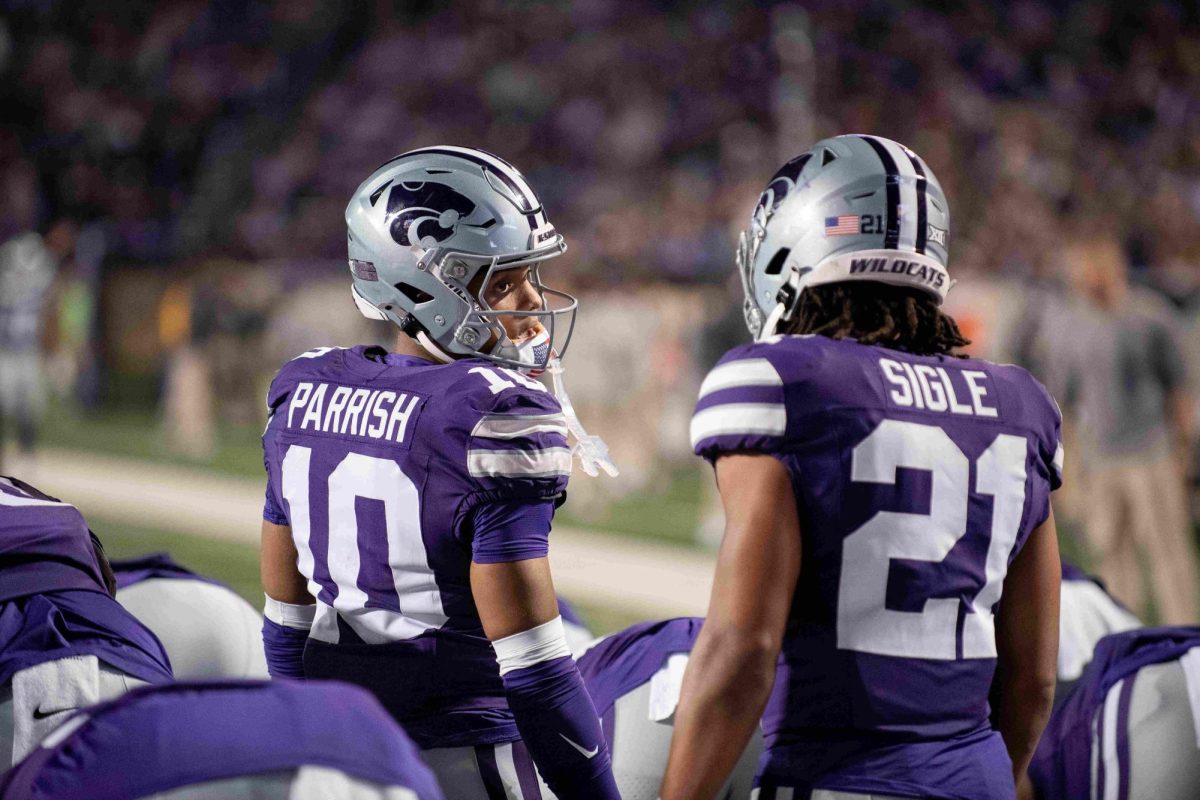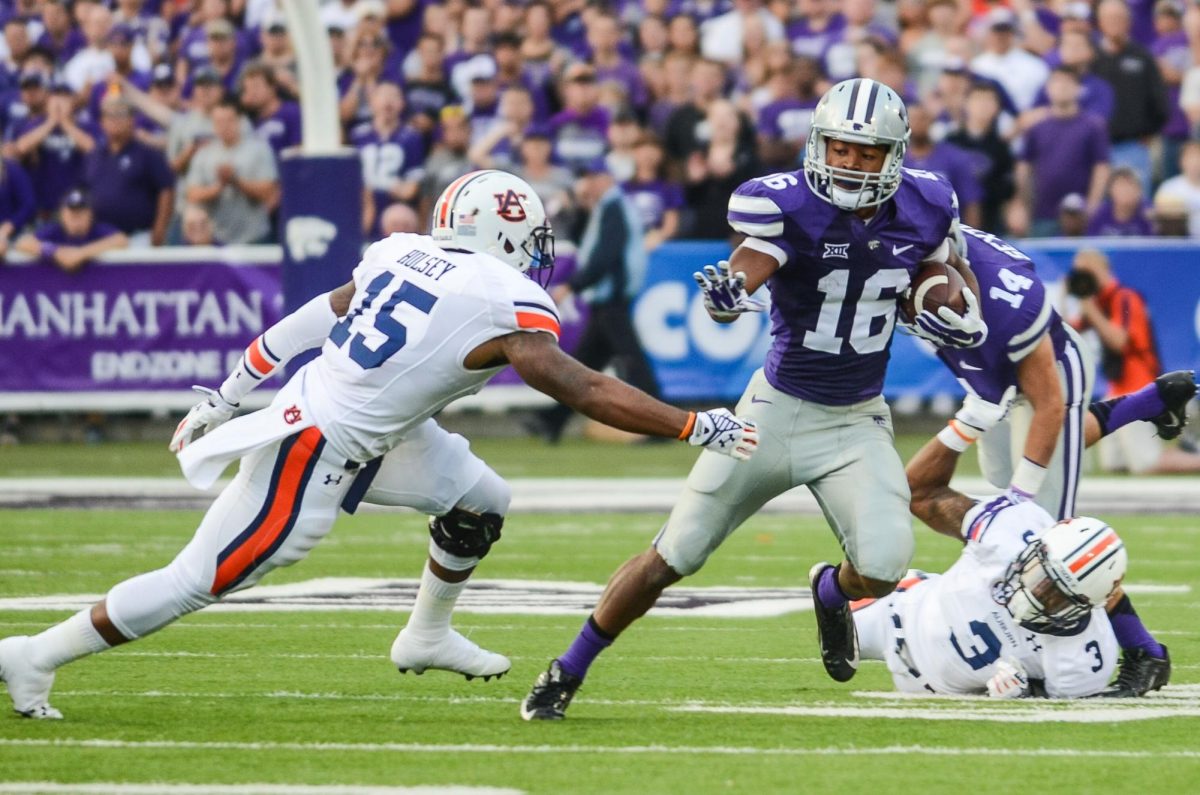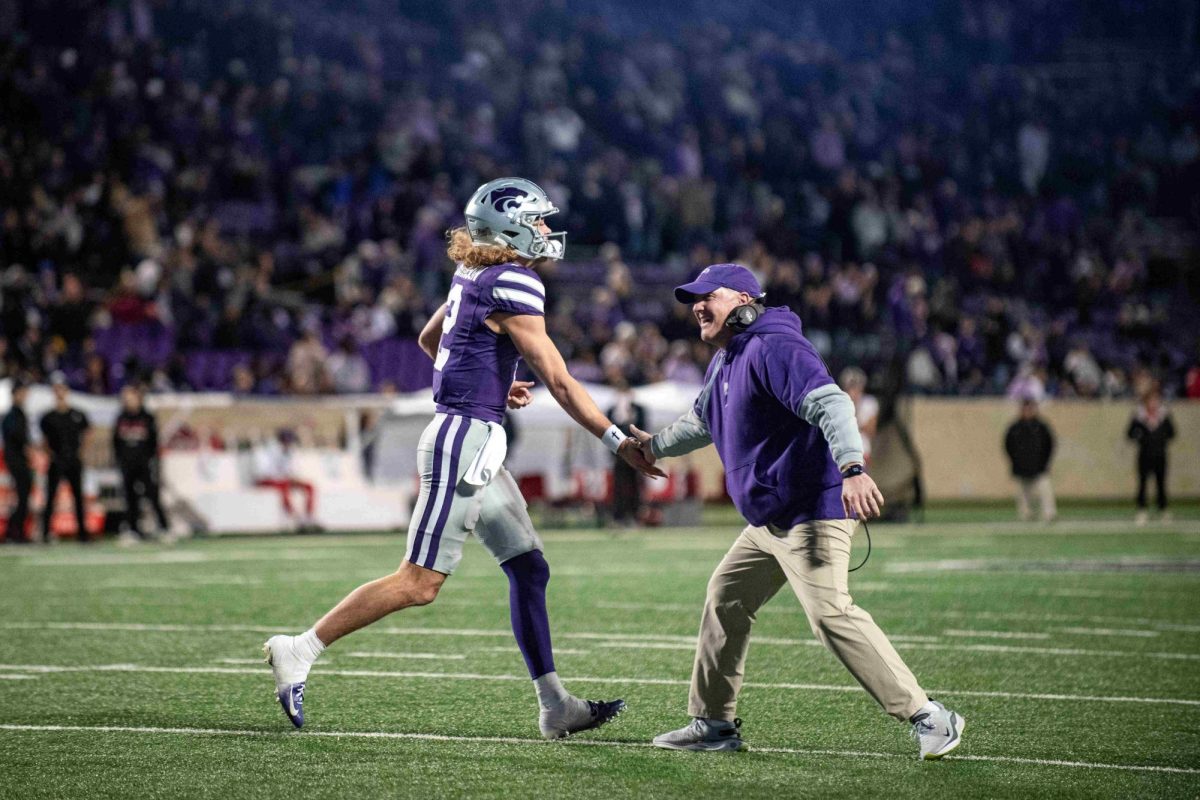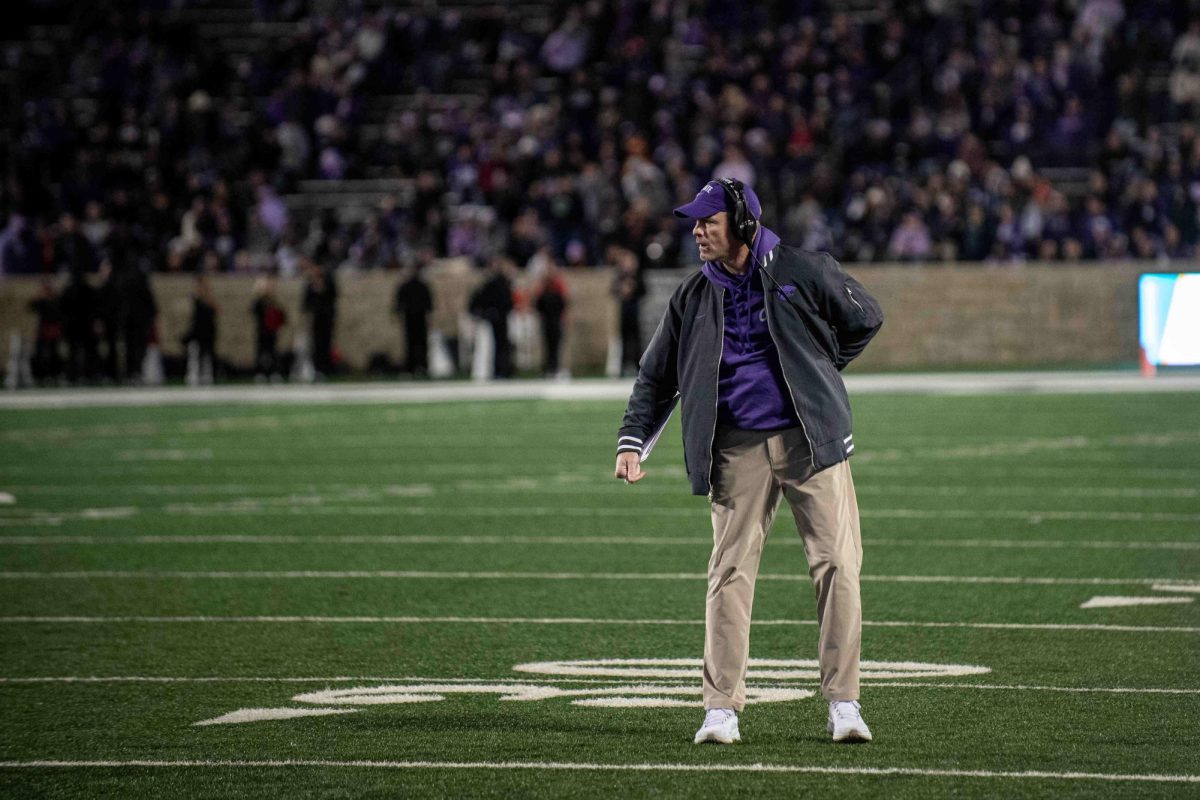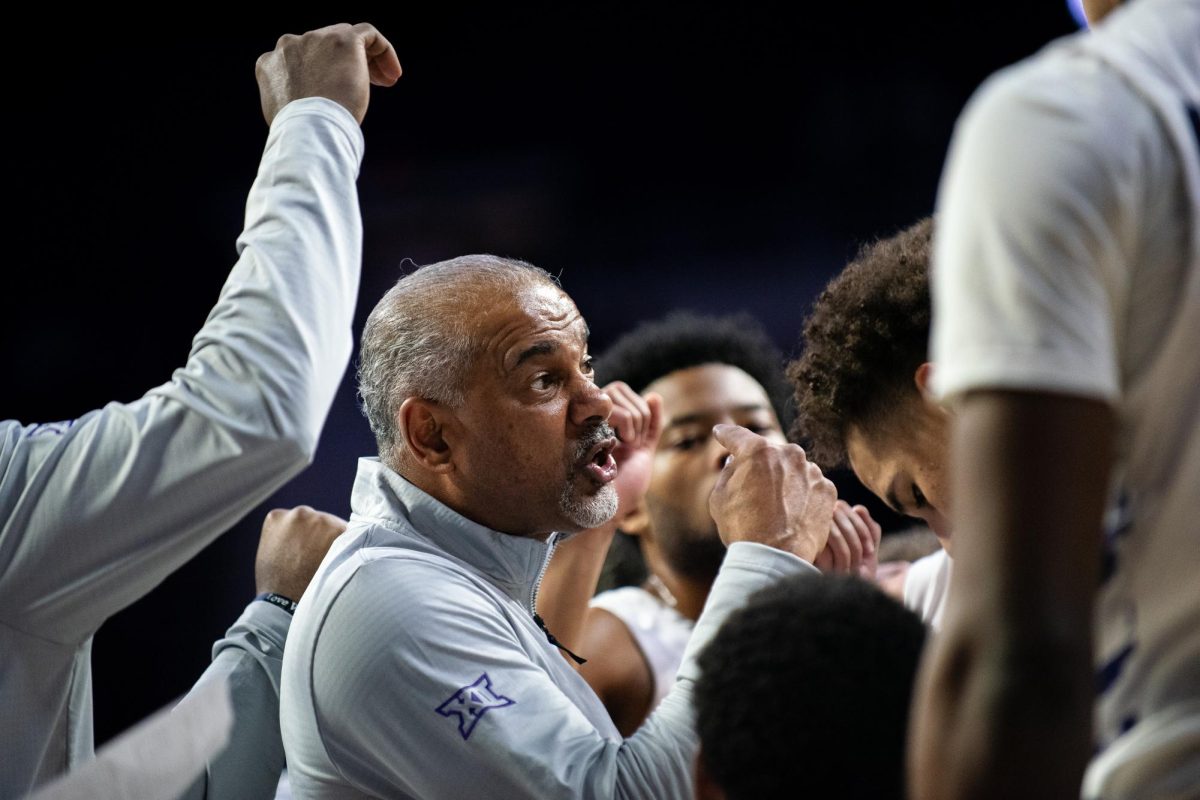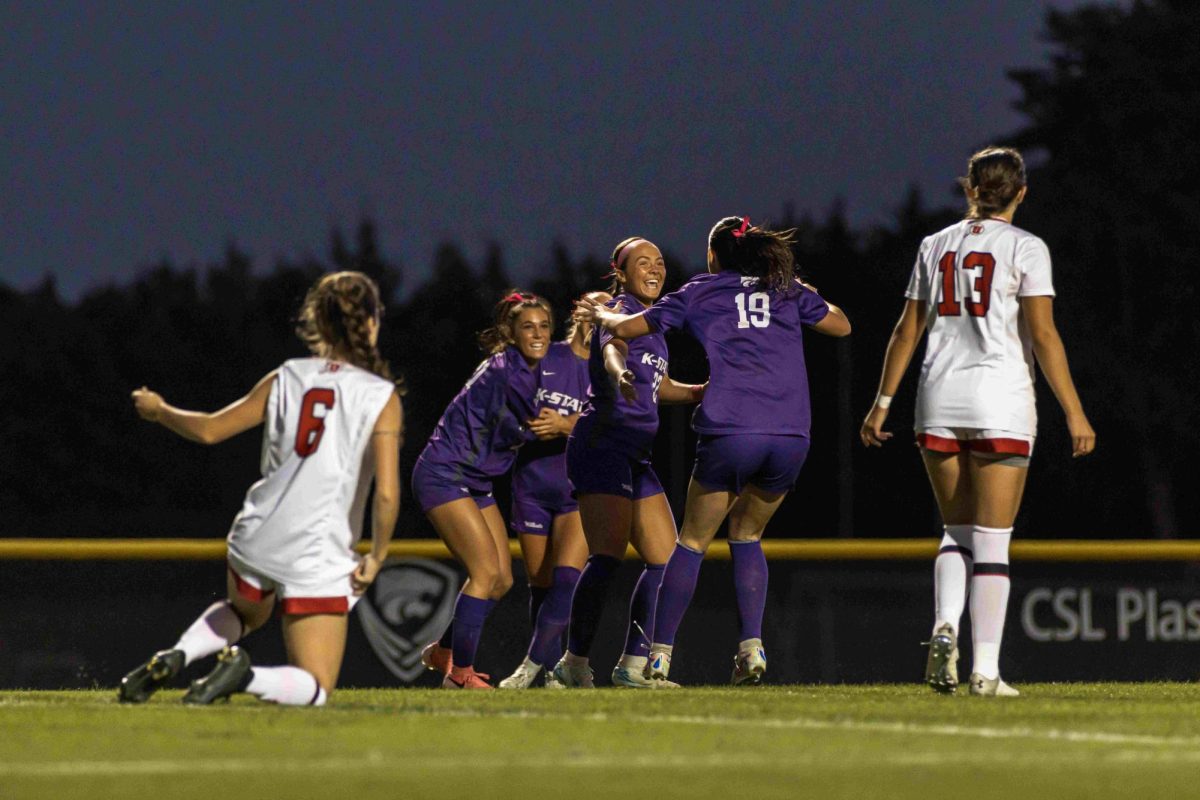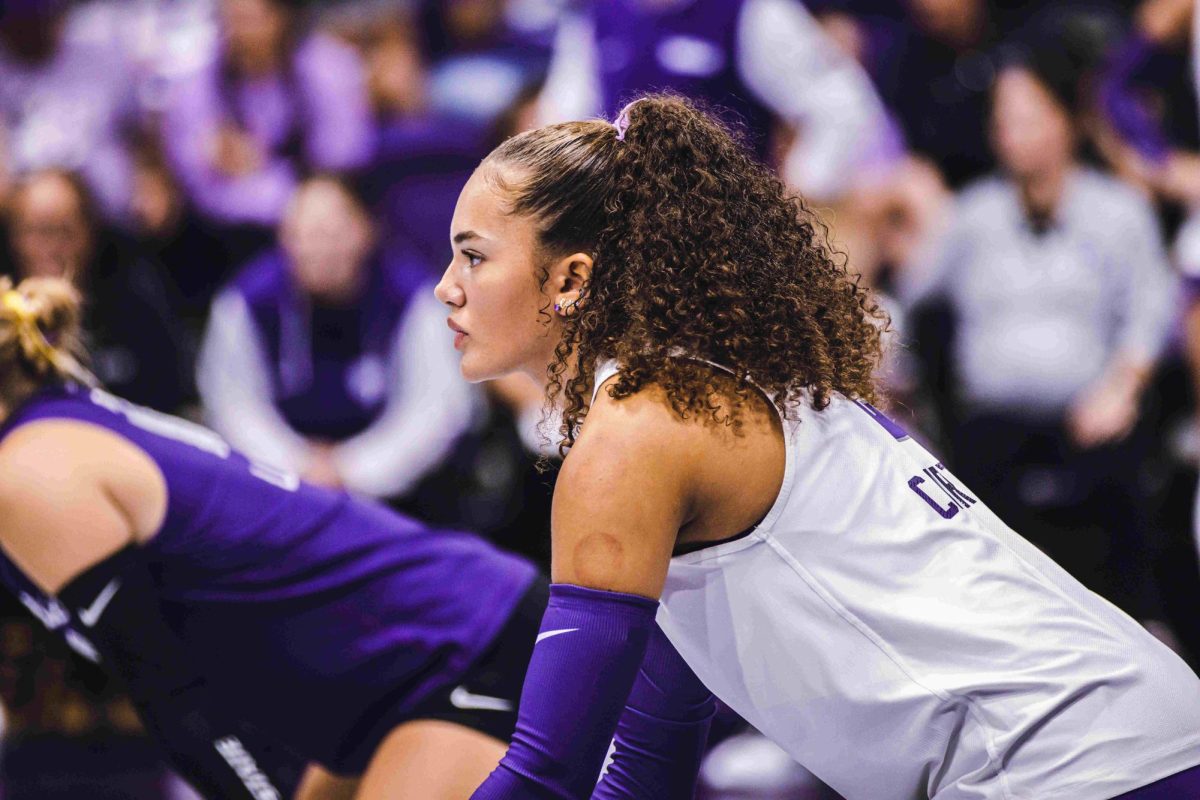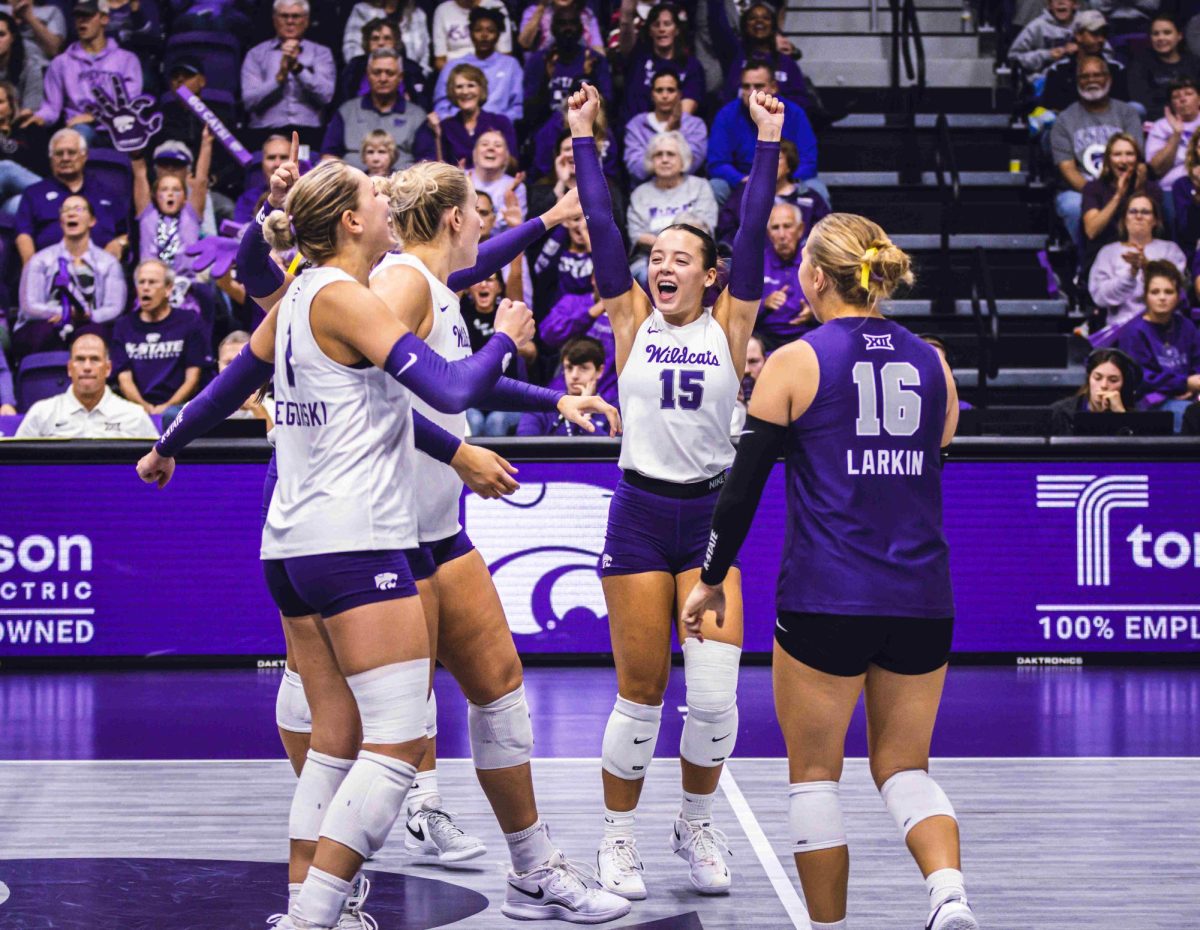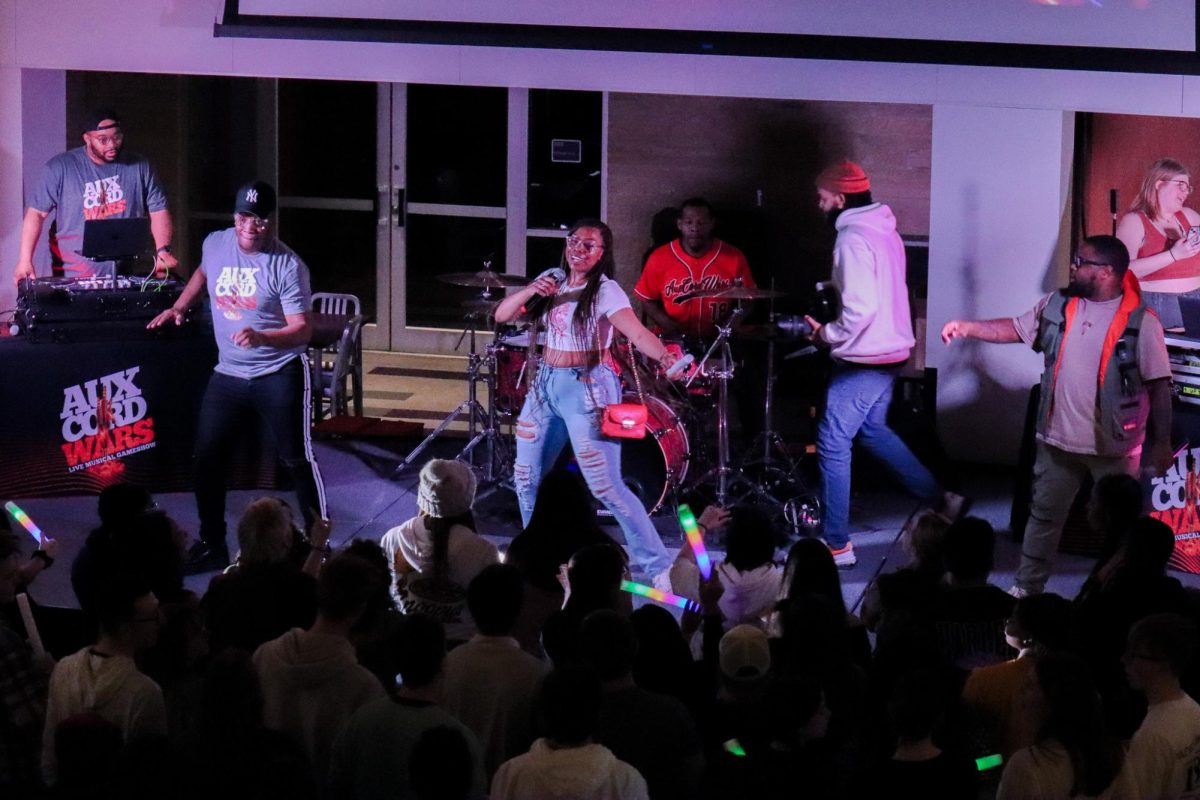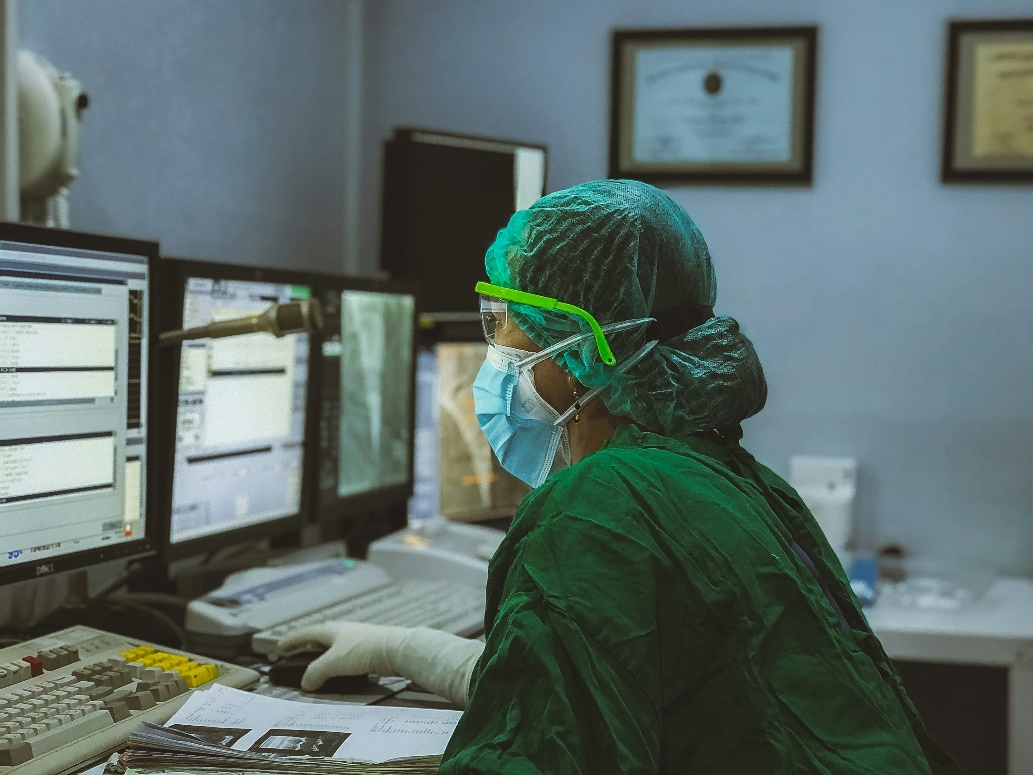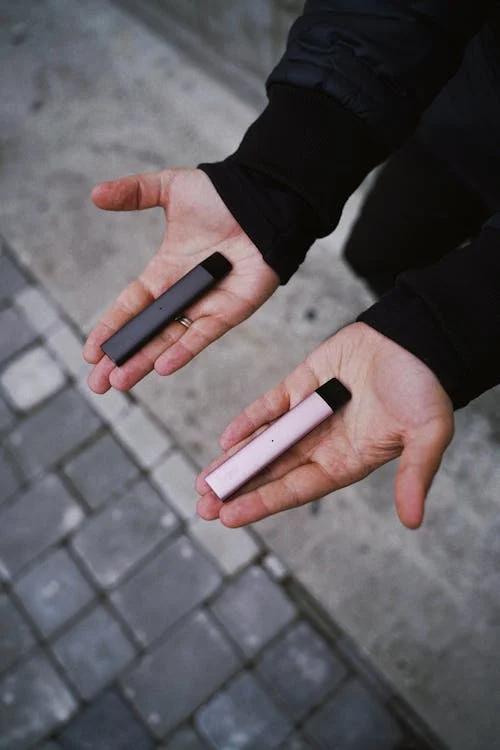College life is an exciting journey filled with new experiences, learning opportunities, and personal growth. Accidents and injuries can happen, though, given the busy schedule of classes, social gatherings, and extracurricular activities. From slip-and-fall incidents on campus to car accidents or sports injuries, students are susceptible to various risks. Understanding their legal rights after an injury is important for college students.
Knowing what steps to take can make a significant difference in their recovery and help them secure compensation for medical expenses, lost time, and other damages. Awareness empowers students to protect their well-being and deal with the complexities of personal injury claims.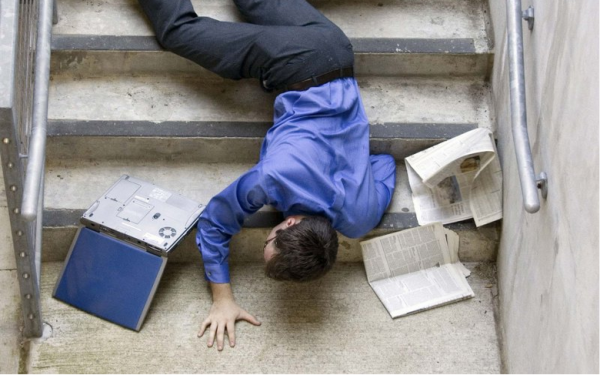
What is The Importance of Knowing Your Legal Rights as a College Student?
Legal awareness is often dismissed by college students until they find themselves in an unfortunate situation. Knowing your legal rights is essential because it provides you with the
information needed to take proper action after an injury. College students may not realize that they have the right to get compensation when injured due to someone else’s negligence. This knowledge is important, whether the injury occurs on campus, during a school-related activity, or elsewhere.
A 2023 study by the National Association of Student Personnel Administrators (NASPA) found that 25% of college students reported experiencing a personal injury on campus. By understanding your rights, you can make informed decisions, protect your interests, and hold responsible parties accountable.
What Injuries Are College Students Most Likely to Face?
College campuses are vibrant but can be hazardous, with risks present in dorms, classrooms, and recreational areas. Students face various dangers that can lead to injuries, which impact their health and academic life. Awareness of these common injuries helps students take preventive measures to protect themselves from potential harm.
Key Types of Injuries:
- slip-and-fall accidents
- sports injuries
- car accidents
- assault and violence
- bicycle and scooter accidents
These incidents can result in sprains, fractures, or head injuries, posing significant risks to students in busy campus environments. Slip-and-fall accidents on campuses are common, often due to wet floors, uneven surfaces, or poor maintenance.
What Legal Rights Do College Students Have After an Injury?
College students possess important legal rights when injured due to another’s negligence. Awareness of these rights empowers them to get compensation and justice effectively. Students can hold responsible parties accountable and protect their interests by taking appropriate legal actions.
- Right to File a Personal Injury Claim
- Right to a Safe Environment
- Right to Seek Legal Representation
- Right to Compensation for Emotional Distress
A personal injury lawyer plays a vital role in guiding students through the complexities of filing claims, negotiating settlements, and ensuring fair compensation. With the help of ConsumerShield resources, injured students can be linked with experienced personal injury lawyers who are well-versed in student cases and ensure that their rights are protected. Students injured on or off campus can file a personal injury claim to cover medical expenses, lost wages, and other damages.
Knowing their rights ensures they receive the compensation they deserve for both physical and emotional harm.
What Should You Do After an Injury as a College Student?
Understanding your rights is the first step, but knowing what actions to take immediately after an injury is equally important. Here are the steps students should follow to protect their legal rights and strengthen their case:
Seek Immediate Medical Attention
Even if the injury seems minor, seeking medical help is necessary. A medical evaluation not only ensures proper treatment but also provides documentation of the injuries, which is essential for any legal claim.
Report the Incident
Report the injury to the appropriate authorities, such as campus security, your university’s health center, or local police, depending on where the incident occurred. Proper documentation of the event creates an official record that can support your claim.
Gather Evidence
Collect evidence related to the injury, including photographs of the scene, witness statements, and any relevant documents. Evidence plays a key role in proving negligence and establishing liability.
Consult a Personal Injury Lawyer
Legal consultation is important after an injury. A personal injury lawyer can help evaluate your case, guide you through the legal process, and connect you with resources to maximize your compensation. ConsumerShield connects victims with personal injury lawyers who specialize in representing injured college students, ensuring you receive expert legal guidance.
How Legal Knowledge Empowers College Students?
Legal knowledge empowers college students by providing them with the tools to protect themselves and hold negligent parties accountable. It enables students to make informed decisions about their health, education, and future. By understanding their legal rights, students can confidently explore the effects of an injury, avoid being taken advantage of, and ensure their voice is heard.
FAQs
Can college students file a personal injury claim against their university?
Yes, students can file a personal injury claim against their university if the injury resulted from unsafe conditions, negligence, or inadequate safety measures provided by the institution.
What types of compensation can college students seek after an injury?
Students may be entitled to compensation for medical expenses, lost wages, pain and suffering, emotional distress, and other damages resulting from the injury.
Conclusion
Understanding their legal rights after an injury is essential for college students, helping them manage a complex and often harsh process. Knowledge of these rights allows students to take proper action to get compensation, protect their interests, and hold negligent parties accountable. From seeking immediate medical attention to consulting a personal injury lawyer, each step is important in safeguarding a student’s future and well-being.



